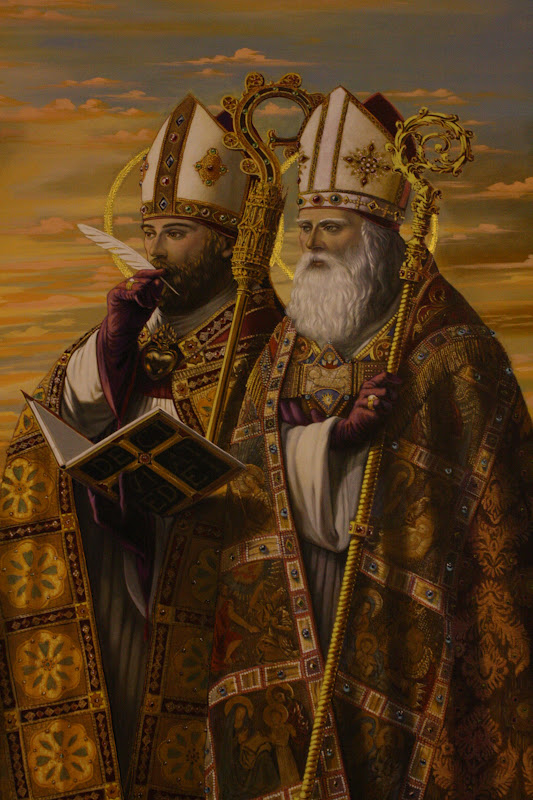 –by Jack Foley
–by Jack Foley
Wikipedia—helpful, as usual:
“A blog (a truncation of the expression web log) is a discussion or informational site published on the World Wide Web and consisting of discrete entries (‘posts’) typically displayed in reverse chronological order (the most recent post appears first). Until 2009 blogs were usually the work of a single individual, occasionally of a small group, and often covered a single subject…The term ‘weblog’ was coined by Jorn Barger on 17 December 1997. The short form, ‘blog,’was coined by Peter Merholz, who jokingly broke the word weblog into the phrase we blog in the sidebar of his blog Peterme.com in April or May 1999. Shortly thereafter, Evan Williams at Pyra Labs used ‘blog’ as both a noun and verb.”
Behind it, the long history of “confessional” literature—beginning with the complex, brilliant, perverse St. Augustine, inventor of the doctrine of “original sin.”
“When he was reading,” wrote St. Augustine of St. Ambrose in the sixth book of The Confessions, “his eye glided over the pages, and his heart searched out the sense, but his voice and tongue were at rest.” Augustine was aware that a momentous change had come upon the world. The new consciousness was Christian, inward, and silent before the page. The privacy of the reading figure who does not pronounce his words to anyone, who does not perform, is of enormous importance here. “Who durst intrude on one so intent?” asks Augustine. In the introduction to his 1986 anthology of language poetry, In the American Tree, blogger Ron Silliman writes of his movement’s involvement with “a poetics not centered on speech.” Leaving aside the question of whether any writing can be “not centered on speech,” one would have to add—since performance involves speech—not centered on performance as well. Was St. Ambrose the first language poet? Is that figure “our” figure?
Writing, linked as it is with “Christianity,” “inwardness,” and “privacy,” clearly became a defining issue of our culture. In a culture which so values silent reading—reading with the eyes alone—what is the status of an art whose primary symbol is Homer, a blind man? How could the oral aspects of poetry, which insist that our “tongues” be anything but “at rest,” survive?
Technology to the rescue. The same computer which allows you to read silently also allows you to listen.
But how should poetry sound? Should The Waste Land be spoken by one voice (as in Eliot’s recording) or by many? Isn’t “one voice” itself multiple—as when J.R.R. Tolkien reads from The Hobbit and sounds by turns like Professor Tolkien and Gollum? If sound is to represent consciousness, what happens when consciousness itself is taken to be multiple?
Hopkins:
O the mind, mind has mountains; cliffs of fall
Frightful, sheer, no-man-fathomed. Hold them cheap
May who ne’er hung there….
Blog.
*
image: St. Ambrose and St. Augustine, the Basilica of St. Anne de , Quebec City, Canada





